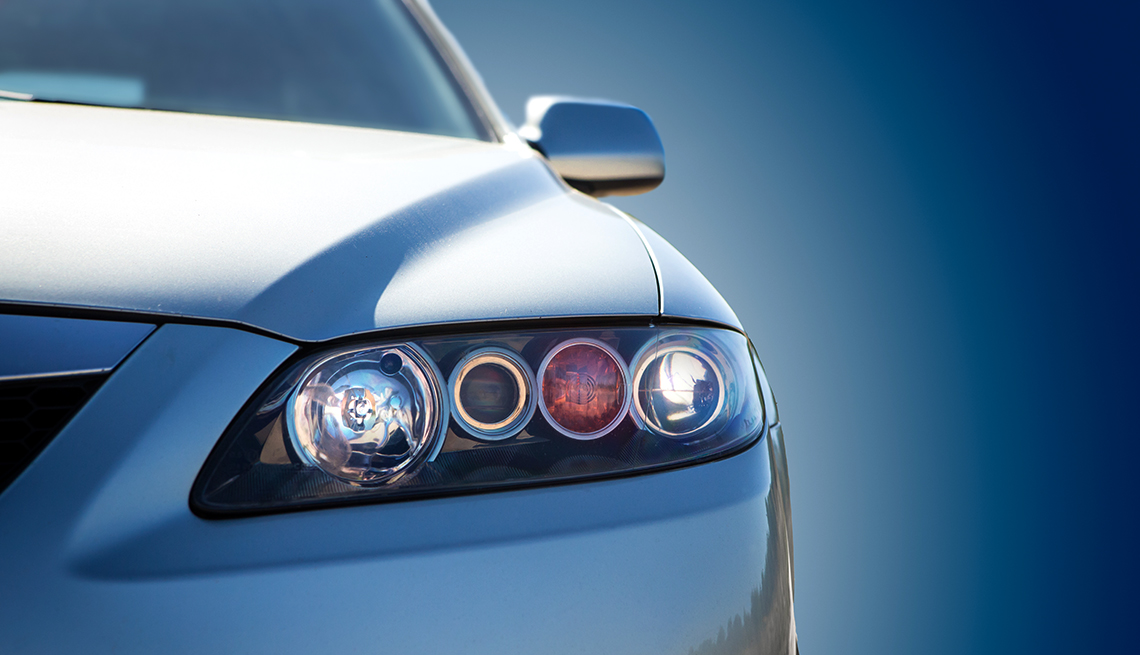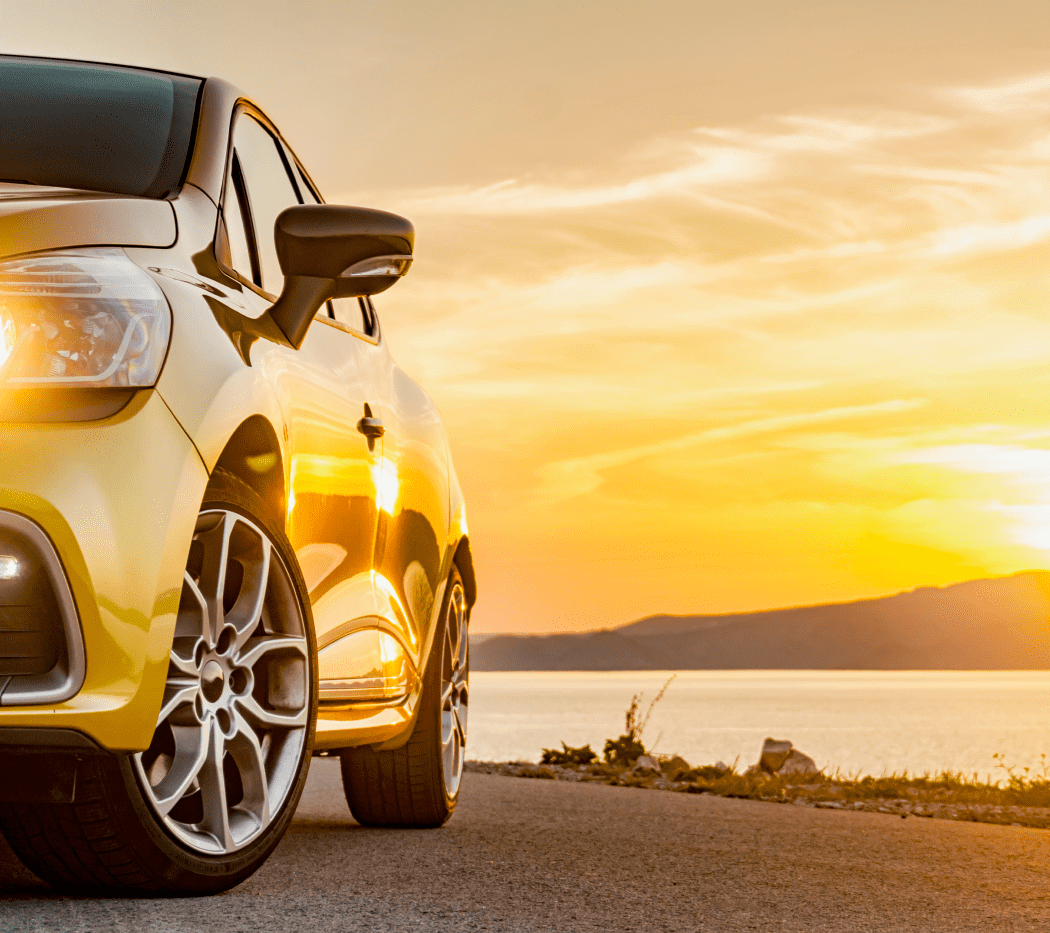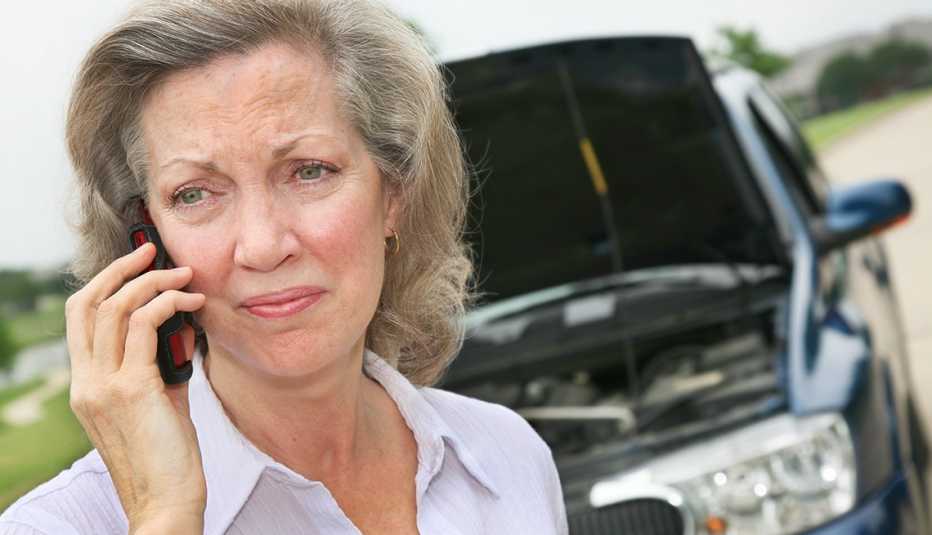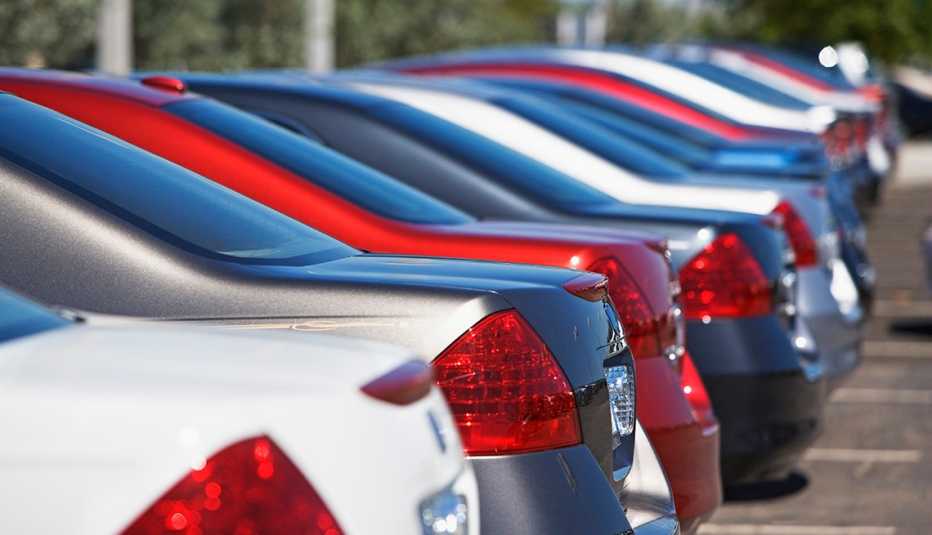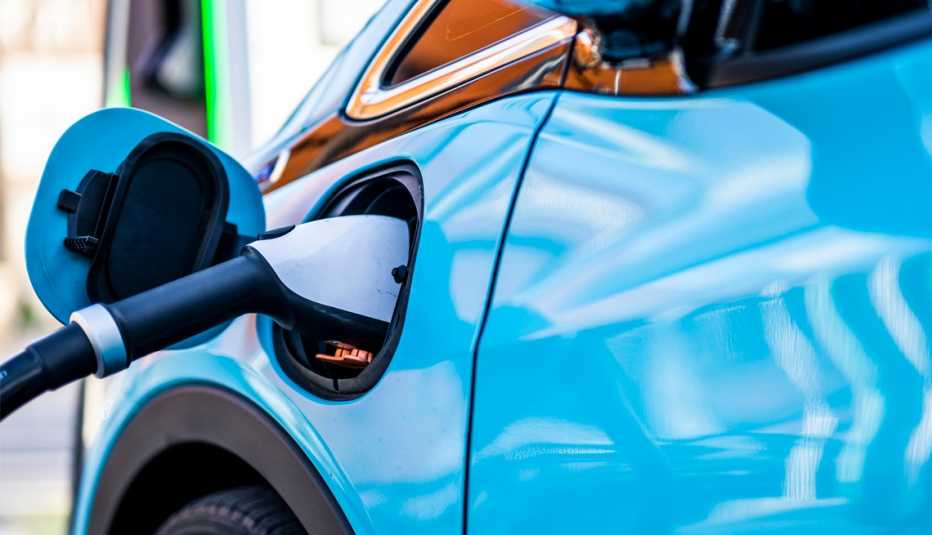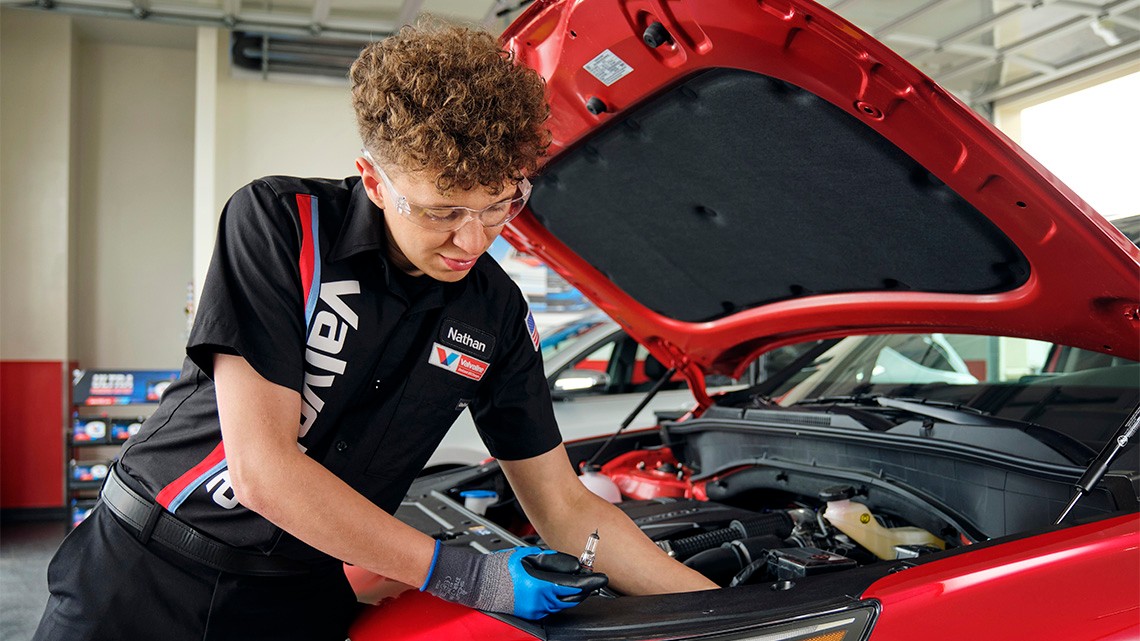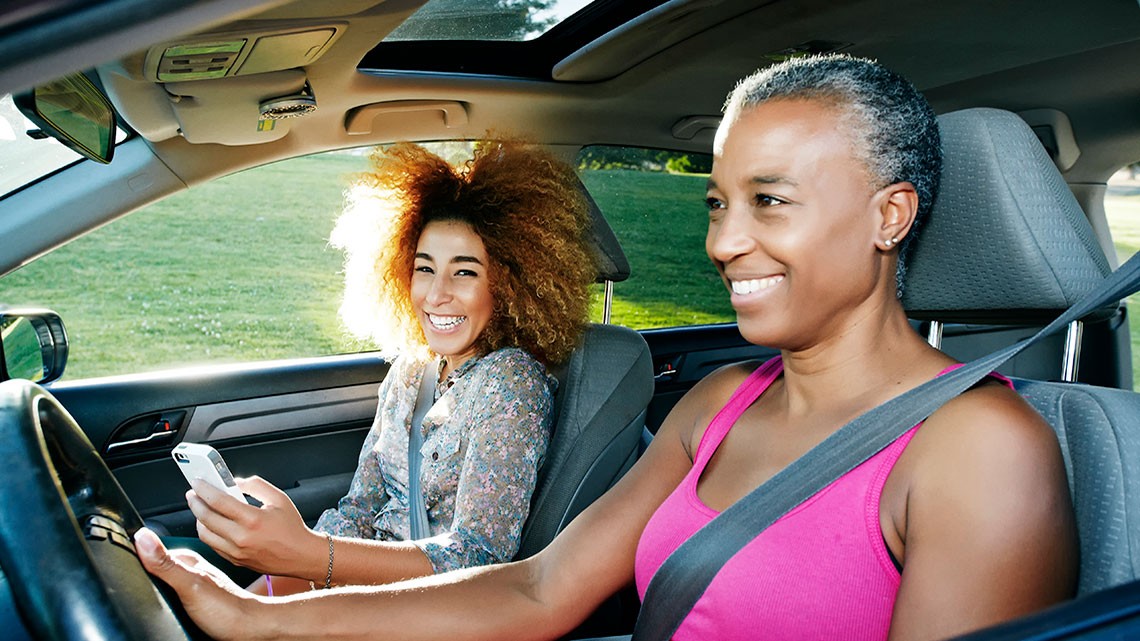Staying Fit
You're buying a used car to be smart, knowing that the biggest depreciation already has taken place and that several years of record and near-record new-car sales have created a good inventory of used vehicles for sale.
A report from industry analyst Edmunds.com cautions, though, that prices of both late-model and older used cars have begun to rise.


AARP Membership— $12 for your first year when you sign up for Automatic Renewal
Get instant access to members-only products and hundreds of discounts, a free second membership, and a subscription to AARP the Magazine.
So you'll want to give any car or truck you're considering a serious going-over to be sure that you're not paying for somebody else's troubles.
Here are 10 things to check when buying a used car. The first two are probably obvious, but they're worth emphasizing. The others aren't so obvious, and those could be the costliest to ignore.
Take the AARP Smart Driver online course
Is it sound?
Do all the dashboard warning lights go off when you start the engine? Are there stains on the pavement or the underside of the vehicle showing that it's leaking fluid? Do all the switches and controls work? Do the brakes and steering feel right? Do the tires have at least 1/16 inch of tread? (Stick a penny upside down in the tire grooves. If you can see all of Lincoln's head, it's time for new rubber.)
Is the price right?
An array of websites — TrueCar.com, kbb.com, Edmunds.com, Cars.com — will show you what others in your area are paying for similar models.
Is it stolen?
Not something most shoppers consider, perhaps, but it's probably the worst possible scenario. If you unknowingly buy a stolen vehicle, the police can confiscate it, leaving you with no car and no refund of your purchase price.



























































